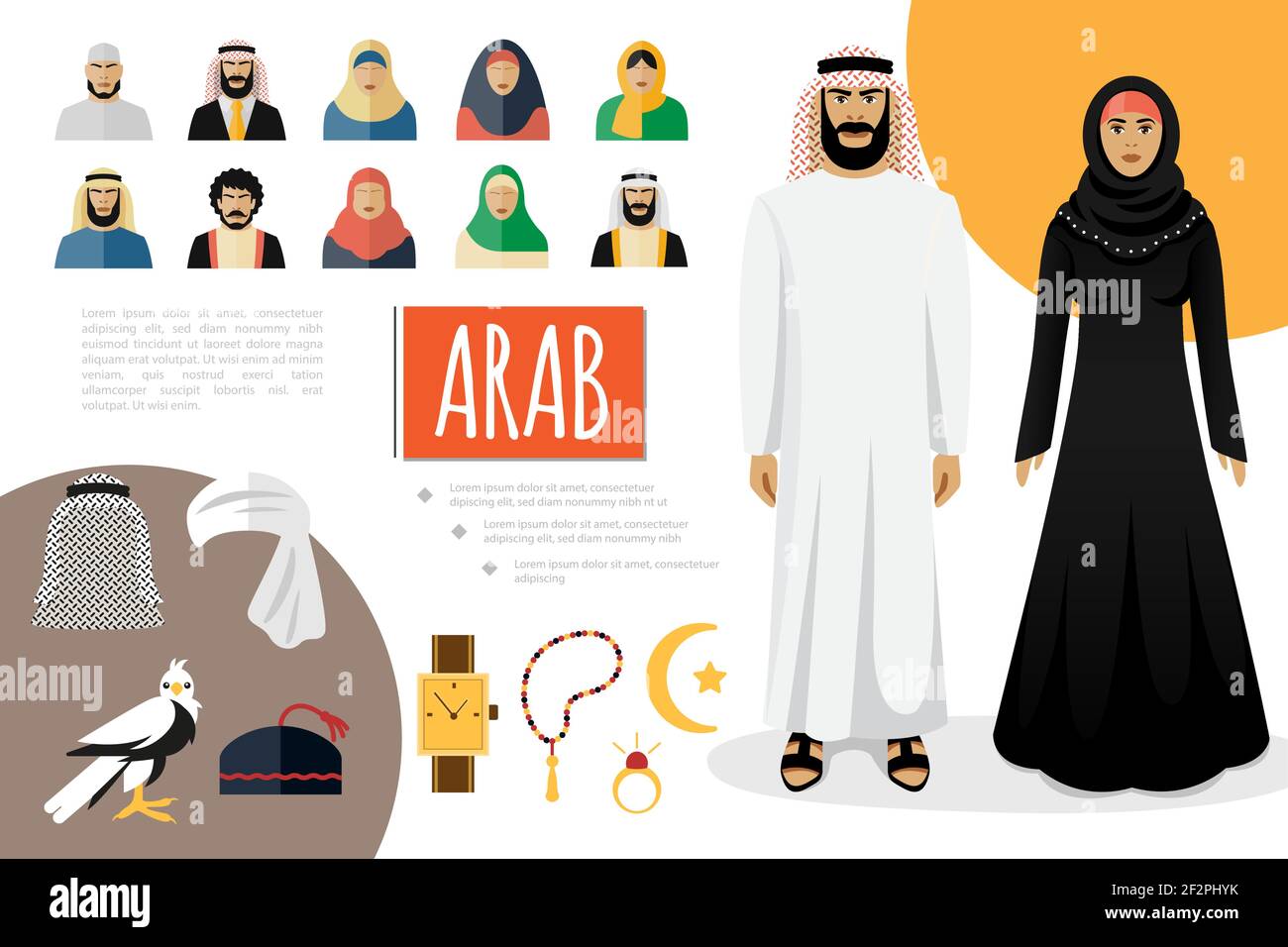Saudi Arabia's Reforms and Their Impact on Islam
 Saudi Arabia's recent reforms have ignited a global conversation. As the custodian of Islam's holiest sites, Mecca and Medina, the kingdom's social and religious shifts hold immense significance for Muslims worldwide. T
Saudi Arabia's recent reforms have ignited a global conversation. As the custodian of Islam's holiest sites, Mecca and Medina, the kingdom's social and religious shifts hold immense significance for Muslims worldwide. T
his essay explores the complexities surrounding these reforms, their impact on Islam, and the parallels with other religions.
Islam and Arab Culture
Islam is deeply intertwined with Arabic language and culture. Many practices we associate with Islam, like removing shoes indoors or specific clothing styles, may have cultural roots within the Arab world. This can lead to misunderstandings, as the anecdote about the author's visit to Israel demonstrates. The friend named Henry highlights how seemingly "Islamic" names or customs can exist outside a purely religious context. Indonesia, the world's most populous Muslim nation, further exemplifies this point. Here, practices like head coverings for women are not universally mandated, showcasing the diverse ways Islam manifests across cultures. Similarly, Christianity grapples with similar complexities. Names like "Henry" have no inherent religious connotation, and Christian practices vary significantly across denominations.
Indonesia, the world's most populous Muslim nation, further exemplifies this point. Here, practices like head coverings for women are not universally mandated, showcasing the diverse ways Islam manifests across cultures. Similarly, Christianity grapples with similar complexities. Names like "Henry" have no inherent religious connotation, and Christian practices vary significantly across denominations.
Saudi Arabia's recent reforms, including the introduction of alcohol bars and participation in the Miss World pageant, have generated significant controversy. Many question whether the kingdom can move away from its strict religious identity and disentangle itself from the conservative interpretation of Islam historically championed by the state.
The challenge lies in the deep-rooted association between Saudi Arabia and Islam. The kingdom's historical role as the guardian of holy sites and its adherence to Wahhabism, a puritanical branch of Sunni Islam, have cemented this connection. This intertwining is akin to the Church of England's struggle to adapt to modern sensibilities. Debates on same-sex marriage and female clergy reflect the ongoing negotiation between religious tradition and social progress, even in a nation with a long-standing Christian identity.
The Inevitable Evolution of Religion
Ultimately, the reforms in Saudi Arabia highlight a universal truth: religions evolve alongside the societies they shape. Just as humans created these belief systems, they also adapt them over time. This evolution can be both necessary and unsettling. The presence of pubs in converted churches across Europe symbolizes how religious spaces themselves transform in response to changing societal norms.
The reforms in Saudi Arabia, while significant, represent a continuation of this dynamic. The Quran and Hadiths, Islam's core texts, provide a foundation, but interpretation and application change throughout history. Debates surrounding these reforms are, in essence, a conversation about how Islam can adapt to the 21st century without losing its core tenets.
Unveiling the Wheels of Change: Examining Saudi Arabia's Reforms
 Saudi Arabia has undergone a wave of reforms in recent years, particularly regarding women's rights and entertainment. Let's delve deeper into some key examples:
Saudi Arabia has undergone a wave of reforms in recent years, particularly regarding women's rights and entertainment. Let's delve deeper into some key examples:
- Women Driving: In 2018, the ban on women driving was lifted. This landmark decision had a significant social impact. It symbolized increased freedom and mobility for women, and challenged traditional notions of gender roles. Economically, it opened doors for women to participate more actively in the workforce and contribute to the economy.
- Entertainment Expansion: The once-strict regulations on entertainment have relaxed considerably. Cinemas have reopened, concerts and sporting events with mixed-gender audiences are commonplace, and even public beaches have become more relaxed. This shift fosters social interaction, boosts tourism, and creates new jobs in the entertainment sector.
Motivations for Modernity: A Two-Fold Path
The driving force behind these reforms appears to be a combination of economic diversification and a desire for modernization. Saudi Arabia, heavily reliant on oil, seeks to reduce this dependence and develop other sectors.
Empowering women and fostering a vibrant entertainment scene contribute to these goals. Additionally, the reforms project a more progressive image on the world stage, potentially attracting foreign investment and talent.
Navigating Resistance: Tradition vs. Progress
These reforms are not without potential resistance. The conservative religious establishment might view them as a dilution of Islamic values. Some segments of society may feel their traditions are under threat. However, the government seems to be navigating this carefully. Religious leaders are sometimes involved in framing the reforms within an Islamic context, emphasizing compatibility with tradition. Additionally, the reforms are often gradual, allowing for a period of adjustment within society.
The impact on Islam globally is a complex question. These reforms could inspire similar changes in other Muslim-majority countries, but the pace and extent will vary depending on their specific social and political contexts. However, they could serve as a powerful example of how Islamic principles can co-exist with modernization.
The Future of Islam in Saudi Arabia: A Balancing Act
Finding a balance between tradition and progress is an ongoing challenge for Saudi Arabia. The reforms demonstrate the kingdom's willingness to adapt while preserving core Islamic values. Continued dialogue with religious leaders and a focus on economic benefits might help foster broader acceptance.
The future of Islam in Saudi Arabia will likely involve a dynamic interplay between these forces. It's too early to say definitively, but these reforms could pave the way for a more open and progressive interpretation of Islam within the kingdom.





































